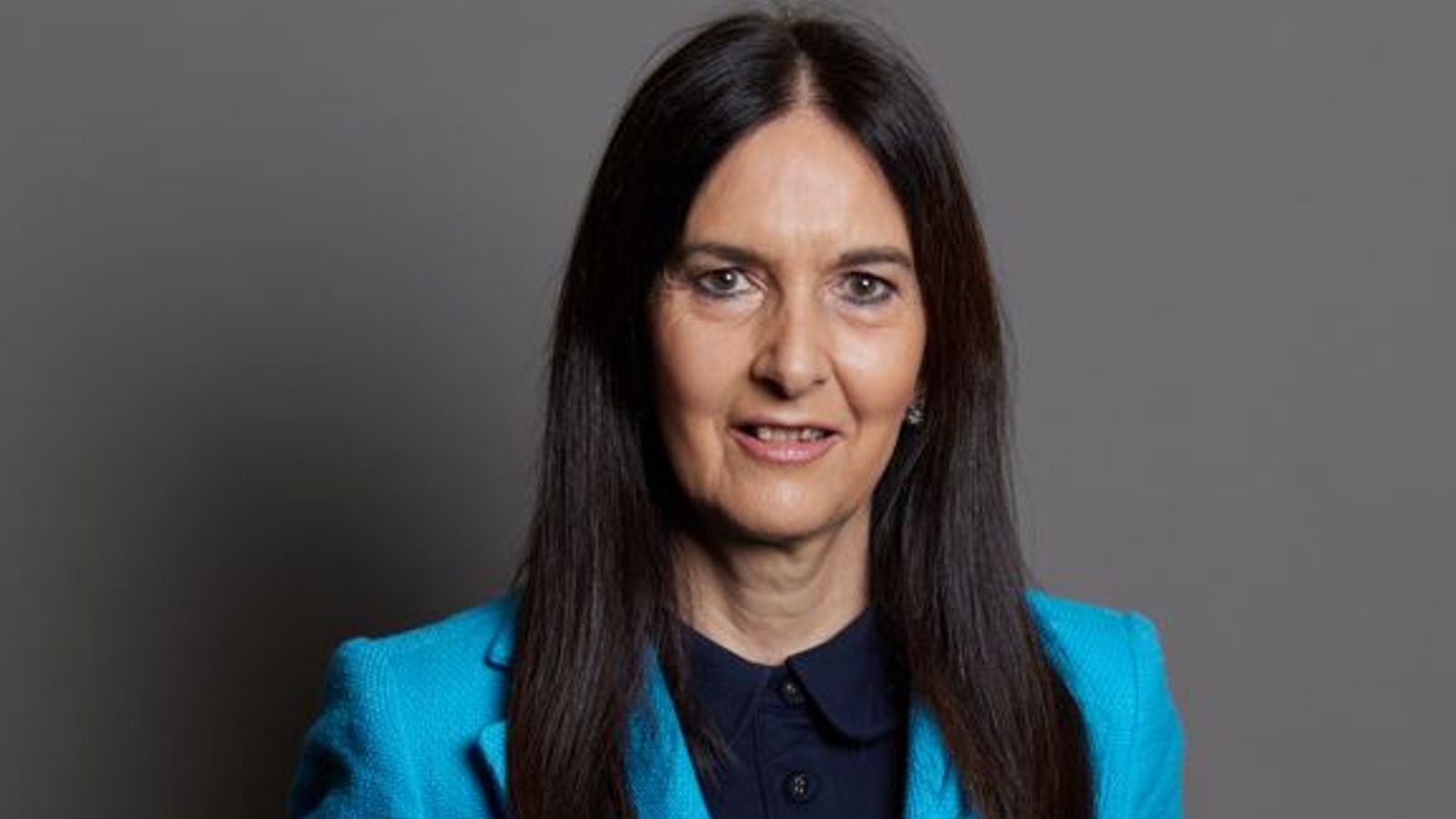The health secretary has said “biological sex matters” after the NHS removed a reference to women in its information about ovarian cancer.
On the NHS website, it now says: “Ovarian cancer affects the two small organs (ovaries) that store the eggs needed to make babies.”
Sajid Javid told Sky News’ Kay Burley: “I don’t think it’s right.
“You won’t be surprised to know that as a health secretary, I think that your that your sex matters, your biological sex is incredibly important to make sure you get the right treatment, the very best treatment.”
He added that he could also use prostate cancer as an example of a disease that can only affect “those that are biologically male”.
“It’s important that when messaging is given to people for cancers that words like women and men are used,” Mr Javid said.
The health secretary said he is “looking into this” and added: “I know there’s some sensitivity around this language, but we have to use common sense and use the right language so that we can give people the best possible patient care.”
But Amelia Abraham, an LGBTQ campaigner, said: “I think the wording change is positive.
“I do a lot of work with younger LGBTQ people and younger people generally. And I know a lot of people in these younger generations are now starting to think of themselves outside of the categories of male and female or identifying as trans.
“It’s really important they feel included in that information.”
While a reference to women or their organs has been removed from the main information page about ovarian cancer, it mentions on the second page that a vaginal examination will take place to detect it.
On the third page it says: “Anyone with ovaries can get ovarian cancer. This includes women, trans men, non-binary people and intersex people with ovaries.”
The NHS appears to have removed some references to women on its pages for womb and cervical cancer as well.
On the womb (uterus) cancer webpage, it previously described the disease as: “A common cancer that affects the female reproductive system.
“It’s more common in women who have been through the menopause.”
It now says it is a disease “that affects the womb” and: “The womb (uterus) is where a baby grows during pregnancy.”
On the cervical cancer webpage, it previously read: “Cervical cancer develops in a woman’s cervix (the entrance to the womb from the vagina).”
But it now says: “Cervical cancer is a cancer that’s found anywhere in the cervix.”

